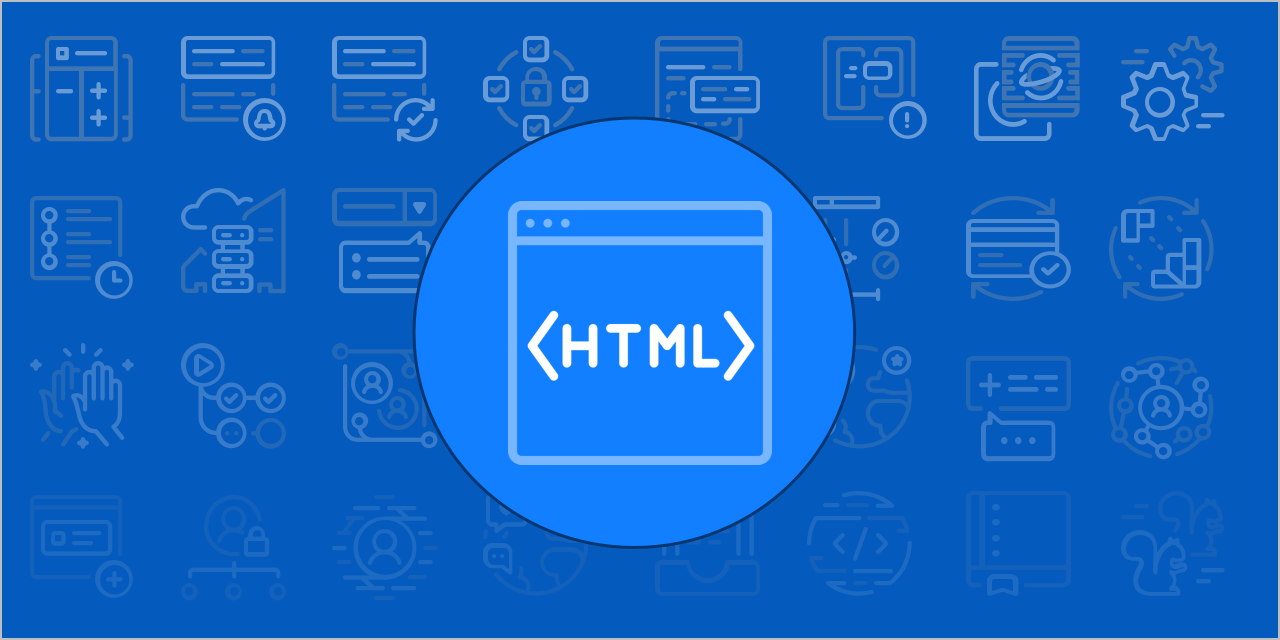Hello guys how are you? Welcome back to my blog. Today in this post we will learn All the Attributes of html page with description and uses.
HTML attributes are special words used inside the opening tag of an HTML element to control the element’s behavior or provide additional information about it. Here’s a list of common HTML attributes with examples:
1. class
Specifies one or more class names for an element, used for CSS styling.
<div class="container main-content"></div>
2. id
Specifies a unique id for an element, used to identify the element and for CSS or JavaScript.
<p id="intro">Welcome to our website!</p>
3. style
Specifies an inline CSS style for an element.
<h1 style="color: blue; text-align: center;">Hello, World!</h1>
4. title
Provides additional information about an element (displayed as a tooltip when the mouse hovers over the element).
<button title="Click to submit">Submit</button>
5. href
Specifies the URL of the page the link goes to (for <a> elements).
<a href="https://www.example.com">Visit Example</a>
6. src
Specifies the URL of the image, video, or other resource.
<img src="image.jpg" alt="Description of image">
7. alt
Provides alternative text for an image if it cannot be displayed.
<img src="image.jpg" alt="Description of image">
8. type
Specifies the type of the element (for <input>, <button>, and <script> elements).
<input type="text" placeholder="Enter your name">
9. value
Specifies the initial value of an input element.
<input type="text" value="Default text">
10. name
Specifies the name of an input element, used to reference form data after submission.
<input type="text" name="username">
11. placeholder
Provides a hint that describes the expected value of an input field.
<input type="email" placeholder="Enter your email">
12. disabled
Disables an element, making it unresponsive to user interactions.
<button disabled>Cannot Click</button>
13. readonly
Specifies that an input field is read-only.
<input type="text" value="Read only text" readonly>
14. checked
Specifies that an input element (checkbox or radio button) should be pre-selected.
<input type="checkbox" checked> Remember me
15. target
Specifies where to open the linked document (for <a> elements).
<a href="https://www.example.com" target="_blank">Open in new tab</a>
16. data-*
Used to store custom data private to the page or application.
<div data-user-id="12345"></div>
17. lang
Specifies the language of the element’s content.
<p lang="en">This is an English paragraph.</p>
18. maxlength
Specifies the maximum number of characters allowed in an input field.
<input type="text" maxlength="10">
19. min
Specifies the minimum value for an input element.
<input type="number" min="1">
20. max
Specifies the maximum value for an input element.
<input type="number" max="100">
21. step
Specifies the legal number intervals for an input element.
<input type="number" step="5">
22. autofocus
Specifies that an input element should automatically get focus when the page loads.
<input type="text" autofocus>
23. form
Specifies one or more forms the input element belongs to.
<input type="submit" form="form1" value="Submit Form">
24. action
Specifies where to send the form-data when a form is submitted.
<form action="/submit_form" method="post">
25. method
Specifies the HTTP method to use when sending form-data.
<form action="/submit_form" method="post">
26. enctype
Specifies how the form-data should be encoded when submitting.
<form action="/submit_form" method="post" enctype="multipart/form-data">
27. required
Specifies that an input field must be filled out before submitting the form.
<input type="text" required>
28. multiple
Specifies that the user can enter more than one value in an input element.
<input type="file" multiple>
29. accept
Specifies the types of files that the server accepts (for <input type="file">).
<input type="file" accept=".jpg, .jpeg, .png">
30. autocomplete
Specifies whether an input field should have autocomplete on or off.
<input type="text" autocomplete="on">
These are some of the most commonly used HTML attributes, each providing specific functionalities to the elements they are associated with.

Leave a Reply
You must be logged in to post a comment.